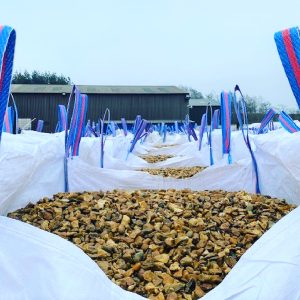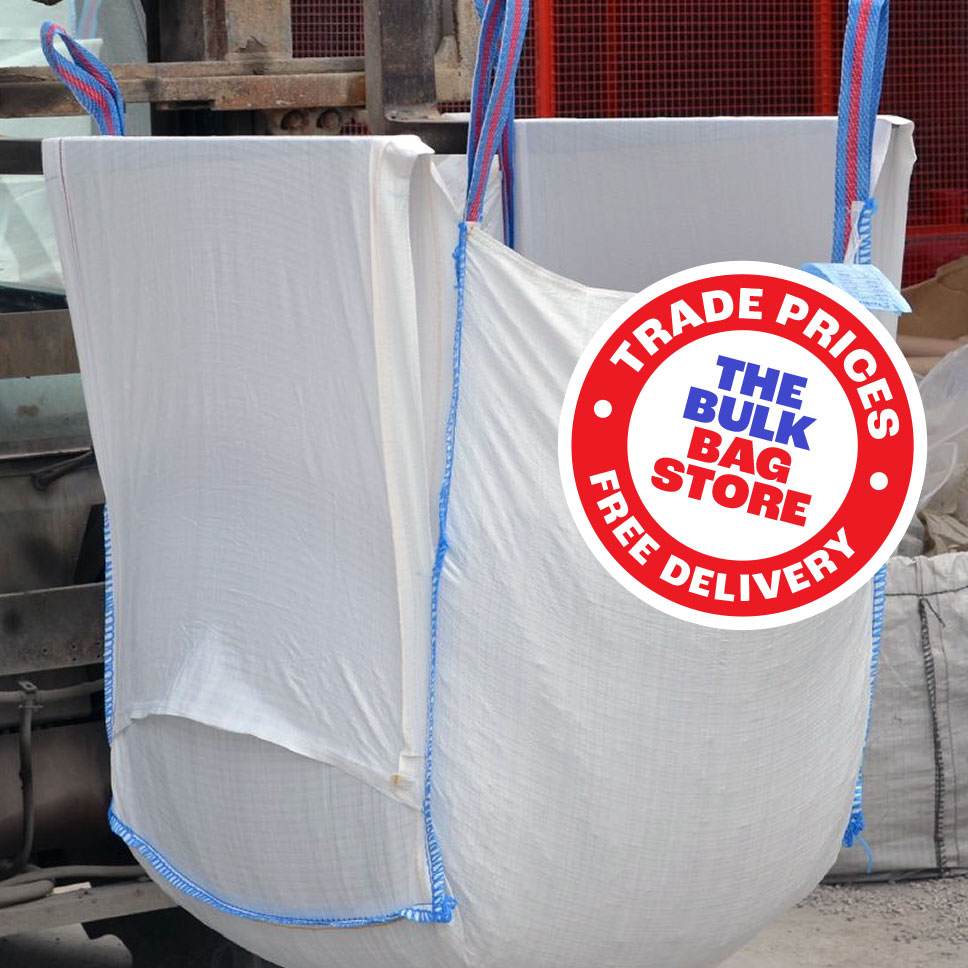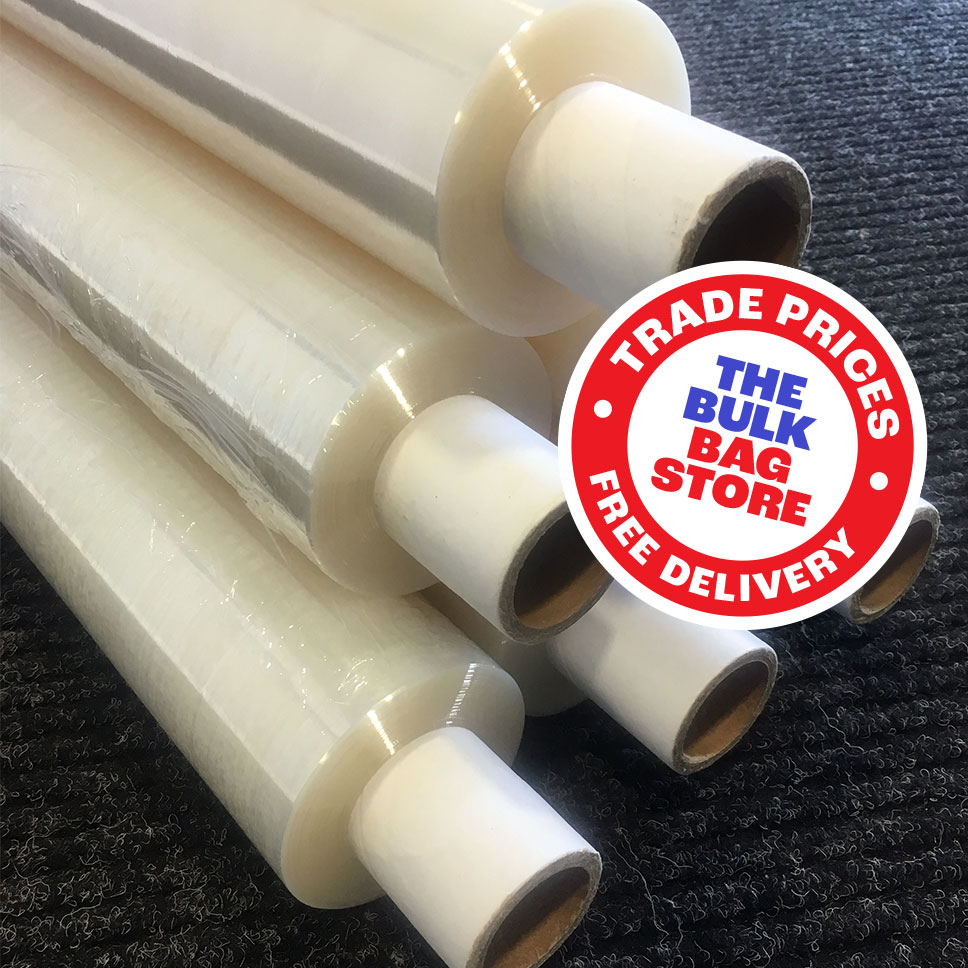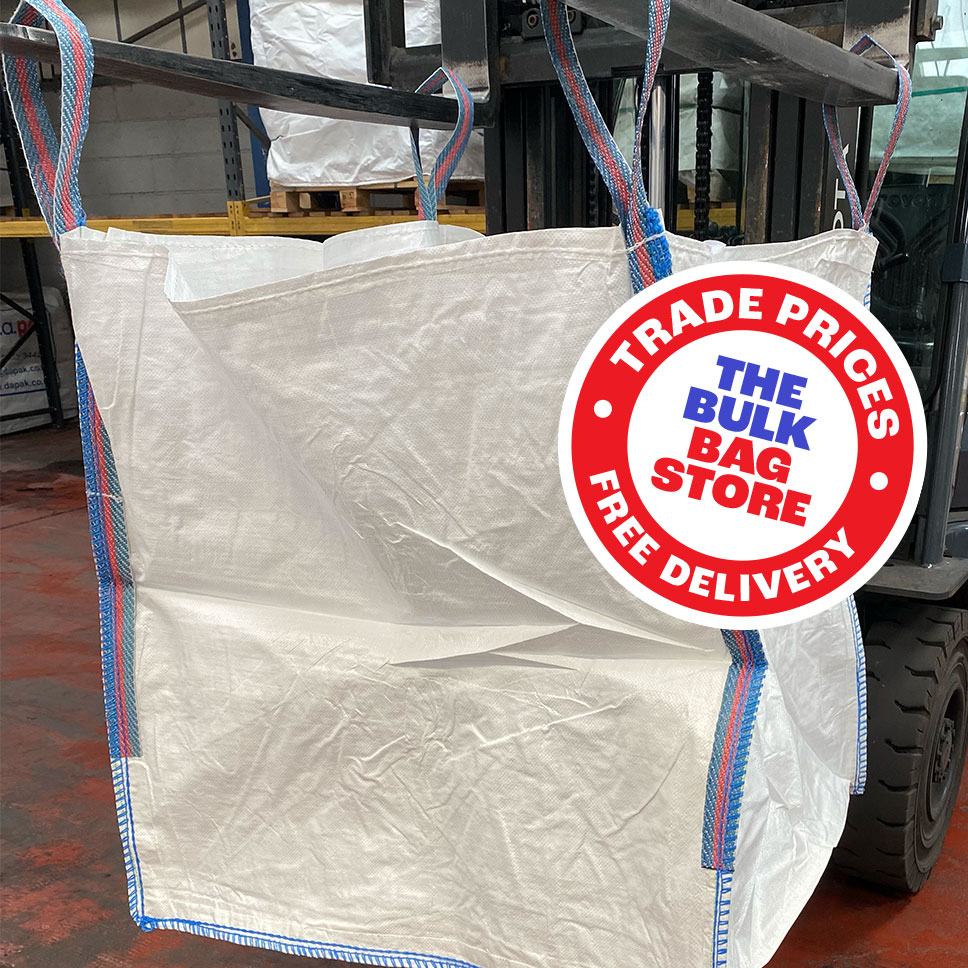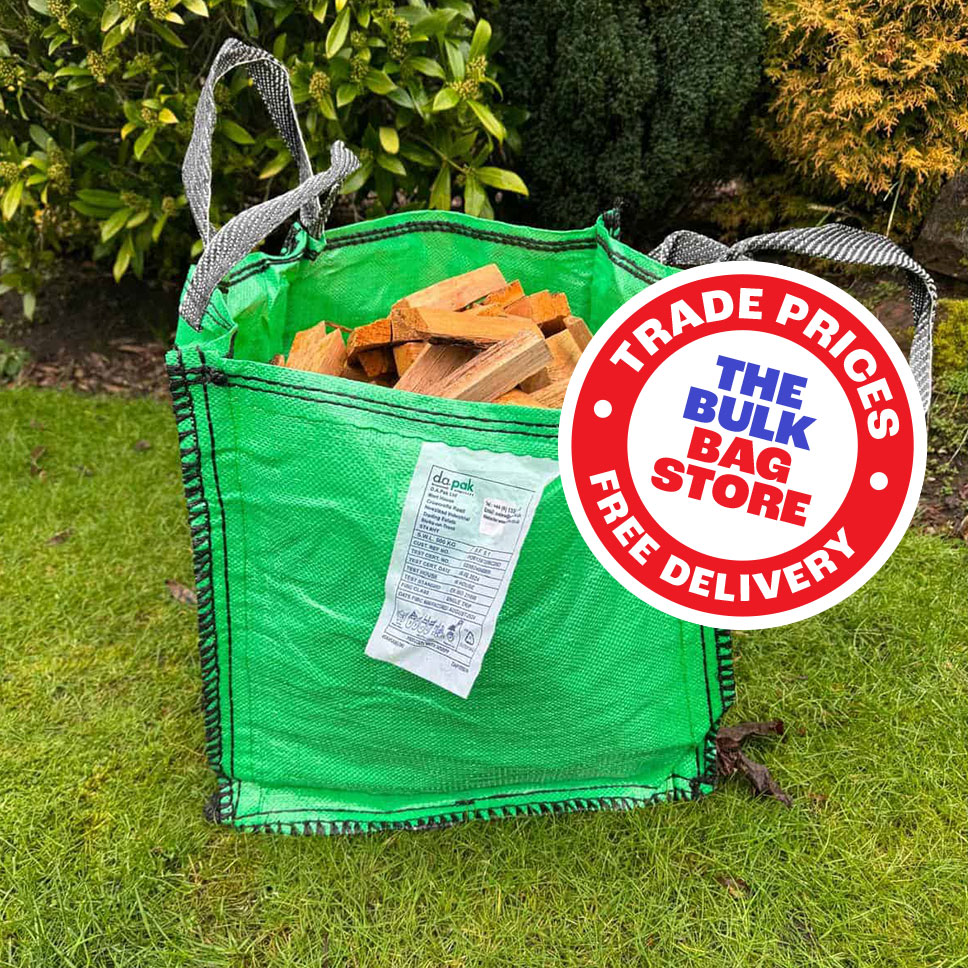Essential regulations for food grade bulk bags
In order to ensure the safety of consumers, regulation is essential for food grade bulk bags. With some industrial packaging such as the bags used for the transportation and storage of aggregates or plastic compounds, with their obvious need to be robust and fit for purpose, their actual construction and the type of material used is not as important as it is in the food industry.
Food grade flexible intermediate bulk containers or FIBC bags need to keep their contents clean and free from contamination. It is not only the materials used in their construction that is important, the whole process needs to be safe and carefully scrutinised. There are various organisations offering guidelines about food hygiene including the British Retail Consortium, HACCP (Hazard Analysis Critical Control Point) and the Global Food Safety Initiative. All these, and others that are specific to different countries have the common goal of keeping the food producers and processors supply chain safe to avoid consumers becoming ill. It has been estimated that as many as one out of six Americans and one in eight Canadians contract a foodborne illness each year and there may also be multiple preventable deaths.
Usually, when we think about food hygiene bulk bags and their contents are not considered as a high risk, we tend to think first of hazardous ingredients such as raw chicken or meat that has been undercooked. However, the regulations are designed to protect consumers from all forms of foodborne illness so they do cover industrial packaging too.
What makes a food grade bulk bag?
Many of the raw materials used in food production are transported in bulk bags. This includes flour, legumes, grains, sugar, salt and whey protein, on which many of our most common foods are based, so it is imperative that the materials used are clean. Selection of materials is also very important and the plastics used for FIBC bags in the food industry have to be those that are known not to migrate mini molecules into the contents of the bulk bags. Polypropylene is commonly used and is believed to be safe for the handling, storage and transportation of food materials. The manufacturing environment, packaging, storage and the transportation also play vital parts in keeping foods safe for consumption.
Even where manufacturers begin with materials that are one hundred per cent clean, problems can still occur at every step of the process. People are involved throughout and this is why it is imperative for companies to ensure that food safety is included in the corporate culture. Simply possessing the relevant certificate is not enough – a deep understanding and knowledge of the factory and its culture is necessary.
The Global Food Safety Initiative
This regulatory body is all-encompassing and is governed by many of the largest food producers, including Nestle, Walmart, McDonalds, Cargill and Coca-Cola. Their stated goals include the reduction of food safety risks, managing costs, developing competencies and building capacity and providing a platform for networking and collaboration.
Using a reputable supplier of food grade bags is vital to protect your business and your customers.

